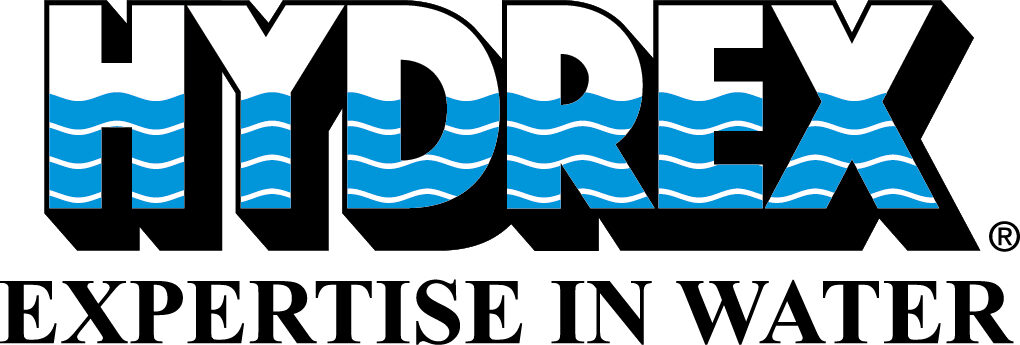An underwater inspection revealed cracks in the welding seams of both rudder cover plates of a 144-meter tanker. To prevent the pintle nut from corroding, the classification society demanded that the owner had the damage repaired as soon as possible. When the tanker was on its way to Rotterdam we were contacted to find an on-site solution that would prevent an unscheduled and unwelcome trip to drydock.
The classification society had given the owner a very strict deadline. It was therefore essential that our technical department came up with a repair plan that could be carried out very quickly. A diver/technician team immediately mobilized to the vessel’s destination so they could start the operation as soon as the ship arrived in Rotterdam.
Because the tanker was empty, the rudder could be trimmed enough to allow a repair above water. The team first carried out a detailed inspection of the rudder cover plates. This enabled them to make a full assessment of the damage and communicate the information with our technical department. A dye check of the cracks quickly revealed that the damage of the cover plate welding seams was of such extent that replacing both plates in their entirety was the best option.
The team removed the plates and beveled the edges of the rudder plate to fit the new inserts. In the meantime two new plates were arranged by our technical department. They needed to be the right shape to fit the curve of the rudder perfectly. They were collected from the supplier and cut to the right size in our fast response center where a large stock of equipment is available for emergency repairs as this.
The plates were then transported to the vessel. Our team fit them in the rudder plate and secured them with a full penetration weld. Ultrasonic and magnetic particles tests were successfully carried out by an independent inspector, finalizing the repair. Seven bolt-on anodes were also installed on each side of the rudder.
The entire operation was supervised and approved by a surveyor of the classification society and the condition of class was lifted. Our team worked in shifts the finish the repair in the shortest possible time. When they left the tanker, the satisfied owner could sail his vessel again without having to worry about costly off-hire time.

